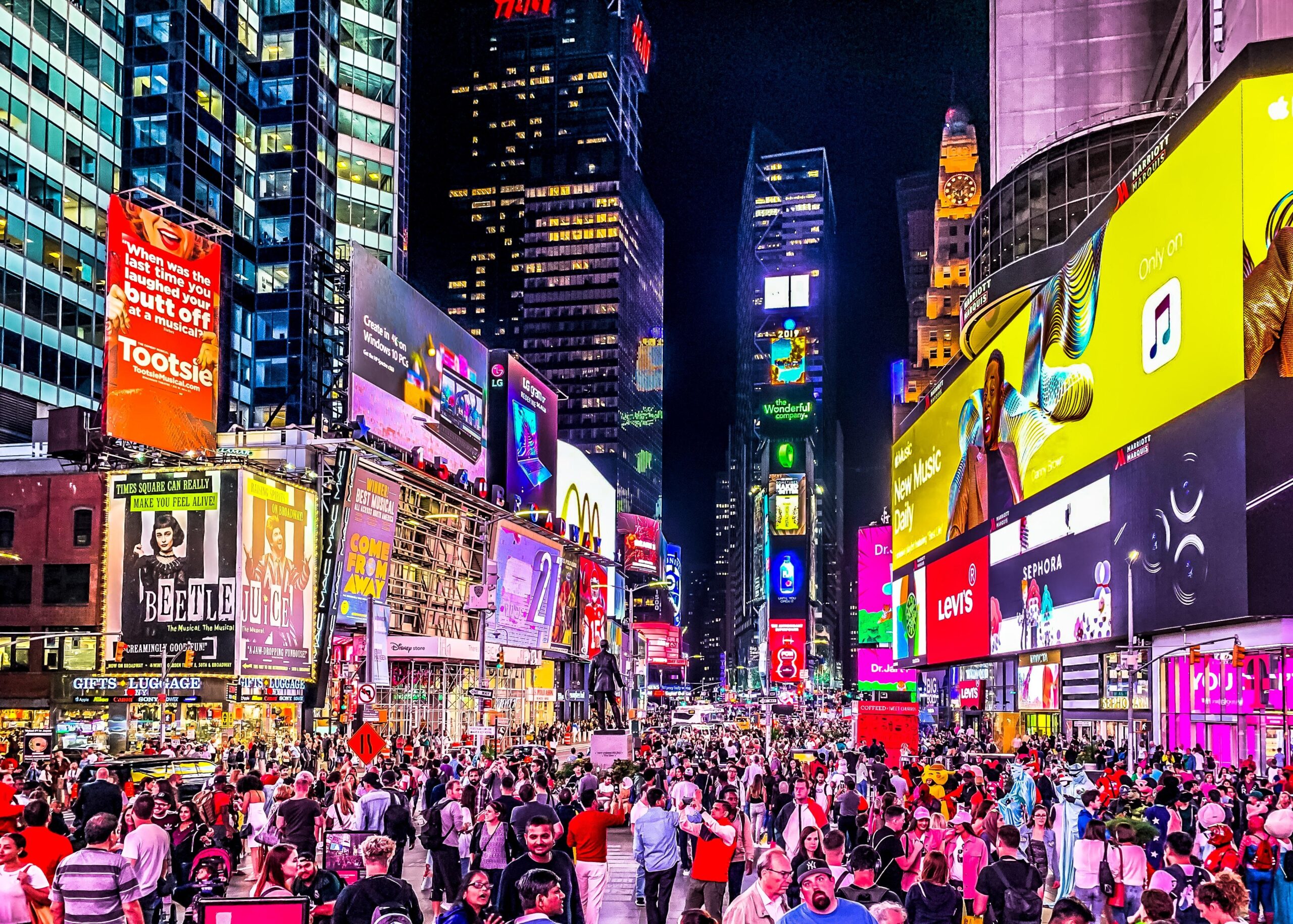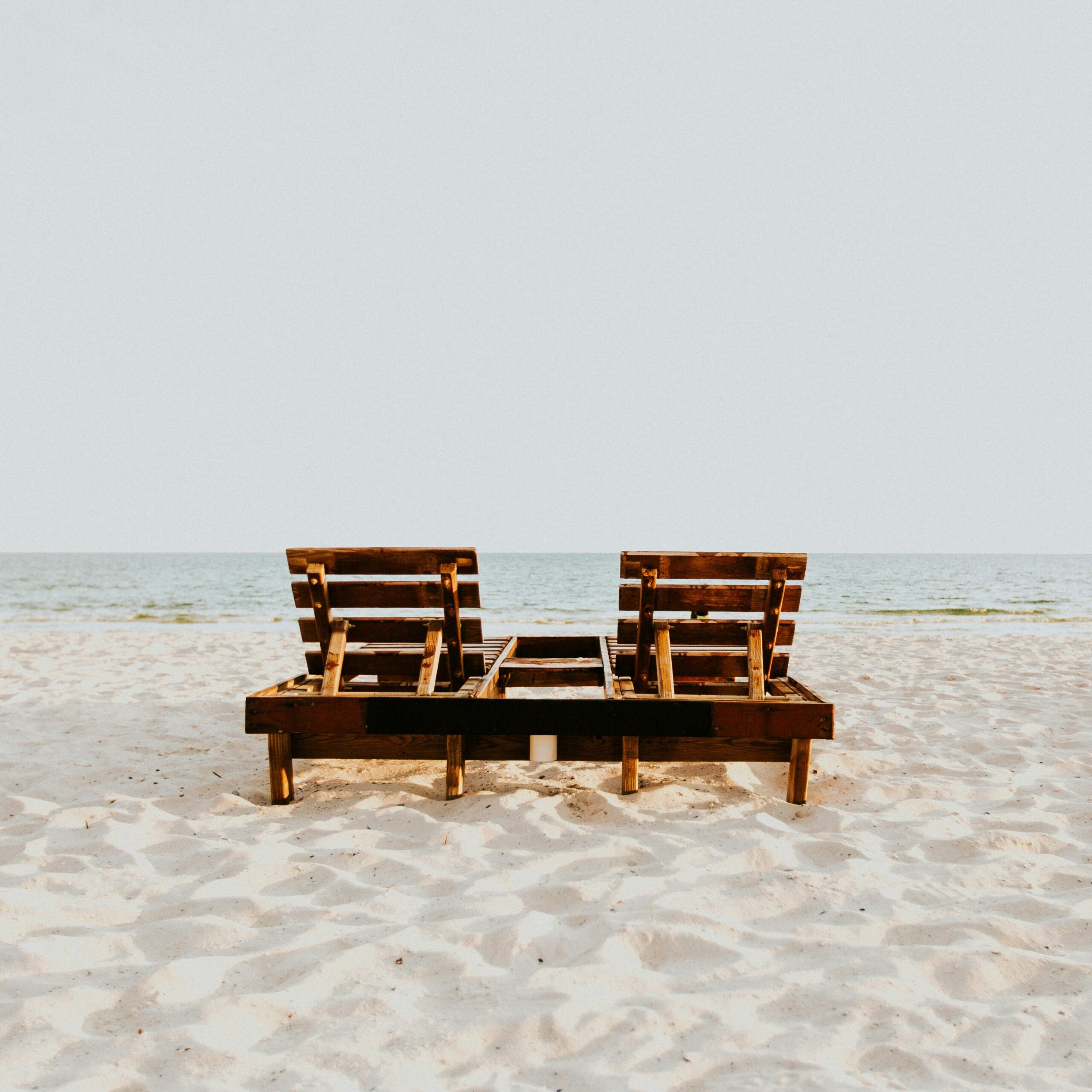
Cancel Your Trip to Hawaii and Watch “White Lotus” Instead

White Lotus

If you haven’t watched White Lotus yet, start it immediately.
The new HBO Max limited series delivers exactly what you want and need from an HBO thriller: a stellar cast, a convoluted web of lives, and the gripping, but aesthetically pleasing, downfall of the elite. It moves through the lives of different characters at a Hotel Resort in Hawaii, The White Lotus, from hotel staff to various guests.
White Lotus is billed as a satirical comedy with the undercurrent of a thriller. Directed by Mike White, it is as impressive as it is entertaining. According to Variety, it’s “a fascinating trick of light that bends its interlocking stories with the kind of impressive dexterity we’ve come to expect from White. By the time you get used to this show’s rhythms, it’s already shifted into something else entirely.”
But what makes the show is the cast. Each distinct character comes through in compelling, embodied performances by the cast — Sydney Sweeny and Brittany O’Grady as the pretentious teenagers based on the hosts of the “Red Scare” podcast, whose haughtiness is balanced by both tenderness and turmoil; Alexandra Daddario and Jake Lacy as the newlywed rich couple, whose dynamic is so precisely delivered that I’ve started rating real life couples I see in the city based on how similar they act to the White Lotus couple; the inimitable Jennifer Coolidge as … a complete mess; the smug and self-sabotaging hotel manager; as well as everyone in between.
But the show isn’t just a vicarious deep dive into the lives of the wastefully rich; it’s a satirical exploration of the more pathetic moments of the privileged, an intimate look into the flaws and foils of different archetypes of People With Money.
Though it’s not prescriptive, there is no Answer or moralizing force, one thing is pretty clear: Stop being an asshole.
Some of the most cringeworthy moments aren’t in the unimaginable — not the egregious missteps the characters make as the stakes escalate — they’re the subtle but pointed glimpses of the daily lives of the guests, all their nonchalant arrogance and easy entitlement.
There are some big, obvious displays of nauseating privilege — a tantrum over a bedroom, the $75,000 bracelets — but more insidious are the small moments. More than once, the directorial gaze lingers on the guests obnoxiously eating at the breakfast bar, touching everything and leaving it out of place, or treating staff like idiots and props, trusting that they will be catered to despite.
The larger plot lines exaggerate these dynamics, but even in their daily habits, their casual conversations, the characters are, well assholes.
In a post-Covid world, this has larger implications. The show barely mentions the pandemic, but small one-liners glance at the privilege the rich have to feel as though the pandemic is “over,” to abscond from the “stress” of the pandemic and splurge on a Hawaiian vacation.
What the series does explore, through brief anecdotes and subplots, is the colonization of Hawaii. According to the show’s lore, the White Lotus Resort was built on an island sacred to native Hawaiians which the government illegally sold to resort builders. Yet, the resort uses elements of Hawaiian traditions to enhance the “authenticity” of their experience.
This tension shows up as a plot point in the series but is a real, current point of contention. In a case of life imitating art, the colonial undertones of the show are indicative of the current, real-life tensions in Hawaii right now.
Native Hawaiians have been speaking out about the colonial consequences of high tourism for decades. However, the personal impacts have been heightened over the past few months.
As travel restrictions have eased domestically in the US, many people immediately booked trips to Hawaii. However, local communities have been negatively impacted by the influx of tourists and are asking people to just … stop coming.
According to Insider in an interview, an interviewee on the island said it was “‘maddening’ how many people were there — with most disregarding Hawaii’s public safety restrictions.”
And this has largely affected the Native populations. A study from the University of Hawaii at Mānoa showed that “Native Hawaiians and Pacific Islanders account for 40% of the positive coronavirus cases on the islands, but they only make up 25% of Hawaii’s population.”
Meanwhile tourists get to come and go, ignoring the lives of Natives beyond what they can benefit from. White Lotus is a perfect display of this. Despite the chaos the characters cause, their lives are rarely impacted by the messes they make. So if you’re considering a trip to Hawaii, cancel it. Just sit at home, watch White Lotus, and then, honestly, watch it again until it sticks.
- Americans are flocking to Hawaii, but locals don’t want tourists visiting now — and some wish they’d stop altogether
- Only 8.8% of Native Hawaiians and Pacific Islanders have received COVID vaccine, DOH says


